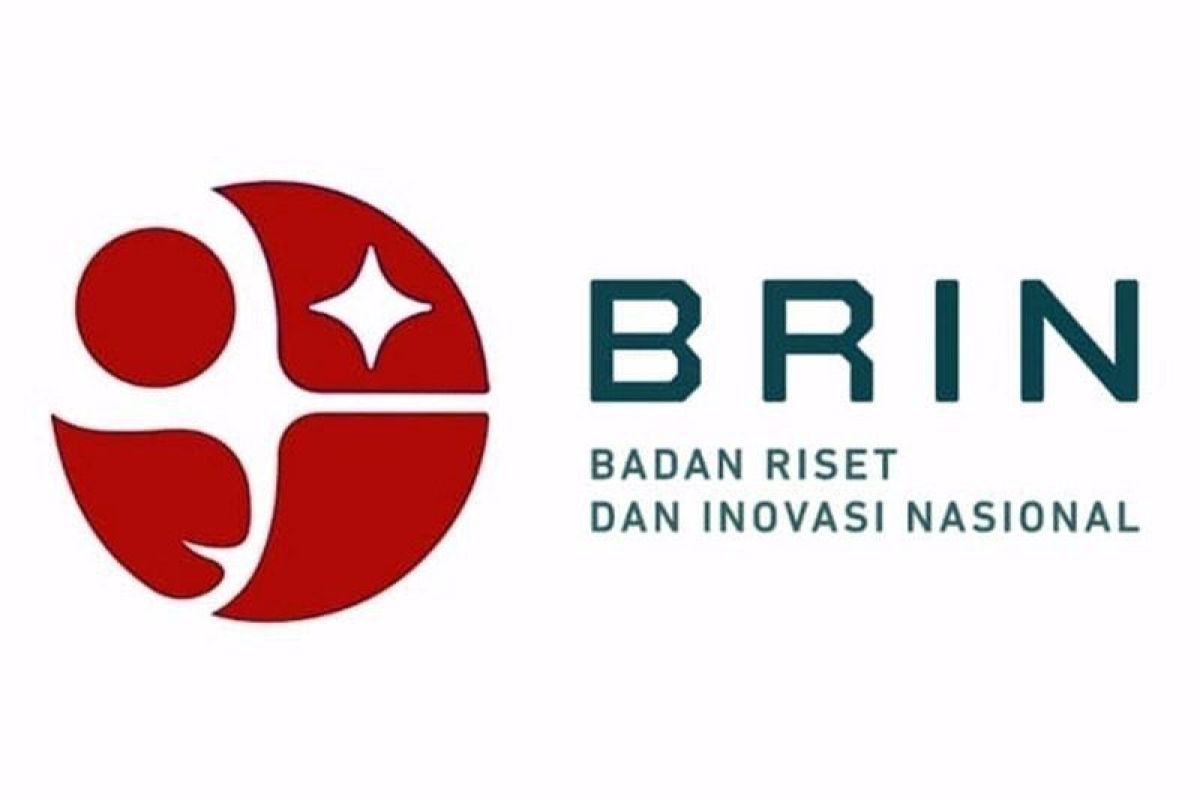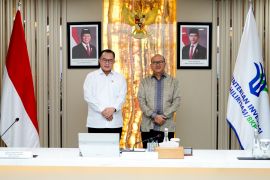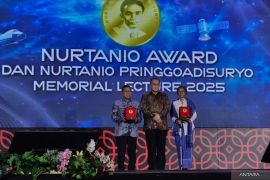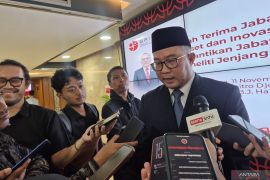Microbes have the ability to control desired gene expression and inactivate unwanted genesJakarta (ANTARA) - The National Research and Innovation Agency (BRIN) reported that it has a collection of over 30 thousand microbial isolates that are used for scientific purposes.
At the "Series on Applied Microbiology #16" webinar, the agency's Head of the Research Center for Applied Microbiology Ahmad Fathoni expressed optimism that microbial engineering research in Indonesia would be accelerated by mastering the right technology and microbial genome databases.
"Therefore, the right technology to improve the properties of superior microbial strains is needed for industrial needs, namely through the technology of targeting microbial metabolic engineering," he noted in a statement here on Friday.
According to Fathoni, there is potential to identify uses of the microbial collection.
BRIN has collected various types of superior microbes or wild-type species as materials for producing metabolite compounds and enzyme candidates.
However, he said there were still deficiencies in microbial productivity on an industrial scale.
Kaemwich Jantama, Associate Professor from the School of Biotechnology Suranaree University of Technology (SUT) Thailand, stated that microbes have the ability to produce chemical compounds from various materials.
Hence, microbial engineering will be immensely beneficial in optimizing the biosynthesis process of certain compounds in cells.
"Microbes have the ability to control desired gene expression and inactivate unwanted genes," Jantama remarked.
"One example of metabolic engineering is from Klebsiella oxytoca that can have a higher 2,3-butanediol production capacity than wild-type species in salt media," he further noted.
Fathoni is optimistic that BRIN would be able to conduct a transfer of knowledge or research collaboration with the Suranaree University of Technology (SUT) Thailand by inviting experts.
Moreover, it is necessary to send research staff for doctoral studies and even partake in short training with the existing competency improvement scheme at BRIN.
Related news: BRIN develops technology to reduce color pollution from print batik
Related news: BRIN mulls radioactive waste disposal facility
Related news: BRIN turns to microbes to support mangrove reforestation
Translator: Sugiharto Purnama, Katriana
Editor: Sri Haryati
Copyright © ANTARA 2023












